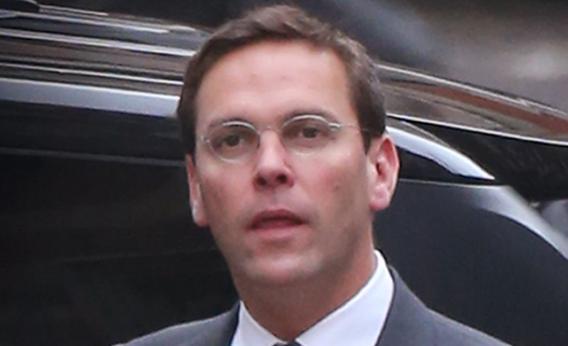The Murdochs’ UK political friendships are backfiring on all concerned. Fresh revelations about the media moguls’ relationships have created new uncertainty over News Corp’s part ownership of UK satellite broadcaster BSkyB. They also have the potential to throw the UK’s coalition government into a full-blown crisis.
James Murdoch’s appearance before the UK’s Leveson enquiry into media standards on April 24 was his first grilling by an experienced lawyer on phone hacking, and it showed. But while there were some awkward moments, the questioning did not reveal any telling new evidence that Murdoch knew more about phone hacking at the News of the World than he has previously admitted.
The shocks came when the lid was lifted on contacts between the government and News Corp after the media group bid to buy out BSkyB. It’s hardly surprising that a large corporation might seek to influence the approval process for a big deal. But the reams of detail, mainly email correspondence, appear to go far beyond procedural enquiries and routine advocacy.
To re-cap, in 2010 News Corp launched a bid for the 61 percent of BSkyB it did not already own, just after the UK election. A government minister was meant to rule in a “quasi-judicial” capacity whether the move would damage media choice in the UK. Evidence heard on April 24 clearly indicates that the process was politicised from the outset. News Corp seems to have been aware of government thinking on the bid, and was getting favourable nods about the bid’s chances of success. Add in the context that Murdoch papers switched their political allegiances to support the Conservative party before the 2010 election, and smell gets worse.
The developments make it harder to see News Corp making a successful second bid for full control of BSkyB - which is almost certainly still a long-term ambition. Moreover, they may make it easier for Ofcom, the media regulator, to conclude that News Corp no longer satisfies the “fit and proper” test than must be passed to be a major shareholder in a broadcaster - ultimately triggering a sale of its existing holding.
As for the British government, it faces new and difficult questions about the integrity of its handling of the BSkyB bid, its relationships with the Murdochs and the media. Vince Cable, the minister initially responsible for looking at the BSkyB deal, wanted war with the Murdochs. He’s got it.
Read more at Reuters Breakingviews.
